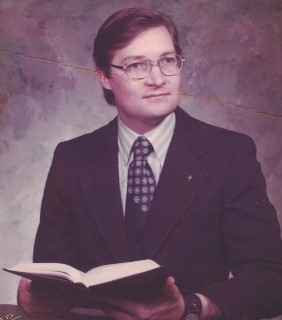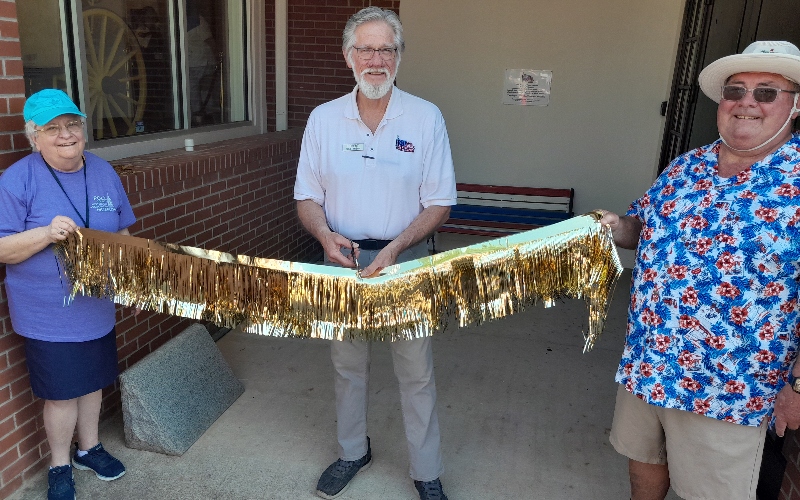Review of Tryon Concert Association’s piano trio concert
Published 11:20 pm Tuesday, October 15, 2013
Chamber music requires its players to know each other well and be connected in a way peculiar to this genre of concert music.
No conductor keeps time, centering the ensemble; rather the musicians play guided by an unseen and mysterious rapport that seasoned and sensitive artists develop over years of working together.
That special connection was on display Friday, Sept. 27 as the internationally renowned trio of Wu Han, piano, David Finckel, violoncello, and Philip Setzer, violin, created an extraordinary and intimate evening of music composed for the piano trio.
What a remarkable way to begin the 2013-14 Tryon Concert Association Series.
The evening’s program, comprising Beethoven Op. 1, No. 2 in G Major, Shostakovich Op. 67 in E Minor, and Dvořák Op. 90, “Dumky,” also in E Minor, was performed with exacting care and precision from beginning to end.
Of the three Beethoven Op. 1 piano trios, number two is, as Wu Han rightly described, a beast to perform. Yet from the beginning, the trio was in confident control, delivering tricky downbeats and complicated passages with precision and seeming ease. Obviously, the players were very much in sync from the beginning.
Classical-era chamber music can, at times, be “piano-heavy” (at least from an audience member’s perspective), often full of extended and numerous virtuosic passages for the piano, with seemingly little to do for string players. However, this trio played with balance, giving each voice equal weight, taking care to present the ensemble as a whole.
Between the first and second pieces on the program, Wu Han gave a delightful talk, a synopsis of the program, which was particularly helpful for those who might have been less familiar with Shostakovich and his musical style. She was funny, affable, and informative, as skilled in addressing the audience with words as with music.
In “The Concise Oxford Dictionary of Music,” Michael Kennedy writes, “All [Shostakovich’s] works are marked by emotional extremes – tragic intensity, grotesque and bizarre wit, humor, parody and savage sarcasm.” Indeed, Shostakovich’s second piano trio could not be a better example. Equal in difficulty to the Beethoven, this work requires a different level of power and controlled intensity, due in large part to its challenging rhythmic and harmonic language.
From the first eerie, glassy, slightly out-of-tune string harmonics to Wu Han’s explosively powerful work in the second movement, the trio was able to convey a sense of the special depth and tragedy of this work.
Typical of Shostakovich (and of Soviet-era Russian composers, in particular, I think) this work is darkly humorous, in addition to its tragic, almost despairing quality.
An amateur ensemble might be tempted to exaggerate the humor, but this trio balanced the conflicted elements of the work with skill and reserve; the humor was there, but they made sure that I wasn’t comfortable laughing about it.
I prepared for the performance this week by listening to each of these pieces and studying scores. Strangely, I spent more time with the Dvořák than with the others.
I became familiar with it and was quite pleased with this performance.
When performing Romantic-era works, musicians will occasionally exaggerate every nuance to the point of being absurd. What struck me most about this trio’s interpretation is that they chose to let the music, with its varying tempi, textures, and themes, speak for itself.
For example, their opening tempo was noticeably faster than any of the several recordings I had sampled, and I believe they had it right, accurately reflecting Dvořák’s intent in notating the opening passage in 4/8 rather than a meter with longer values, such as 4/4 or 4/2. In contrast, the dance-like, joyful allegro and vivace passages were perfectly paced without racing.
The result was a cohesive narrative, as balanced a rendition of this favorite of the repertoire as I’ve heard.
As an encore, the serene beauty of the second movement of Mendelssohn’s Piano Trio No. 2 in D Minor provided a tasteful and beautiful end to the evening.
Han, Finckel, and Setzer are utterly charming. It was obvious that these artists were truly enjoying themselves. They seem to genuinely like playing together and, more importantly, performing this music.
Smiles, expressive faces, and absolute communication among them were evident, and their bond came through in the tight, skillful way each piece was performed.
You can imagine that they treat each of their performances with utmost care, and ours was no exception.
Even more remarkable than the extraordinary performance of extraordinary music was the sense of intimacy.
The joyful attitude of the group gave the concert the intimate feel of chamber music at its very best. They invited all of us into the salon for an evening of rich, varied musical style, depth and superior artistry, treating the audience members as if we were all close friends.
– review submitted by David F. McKee, D.M.A.





